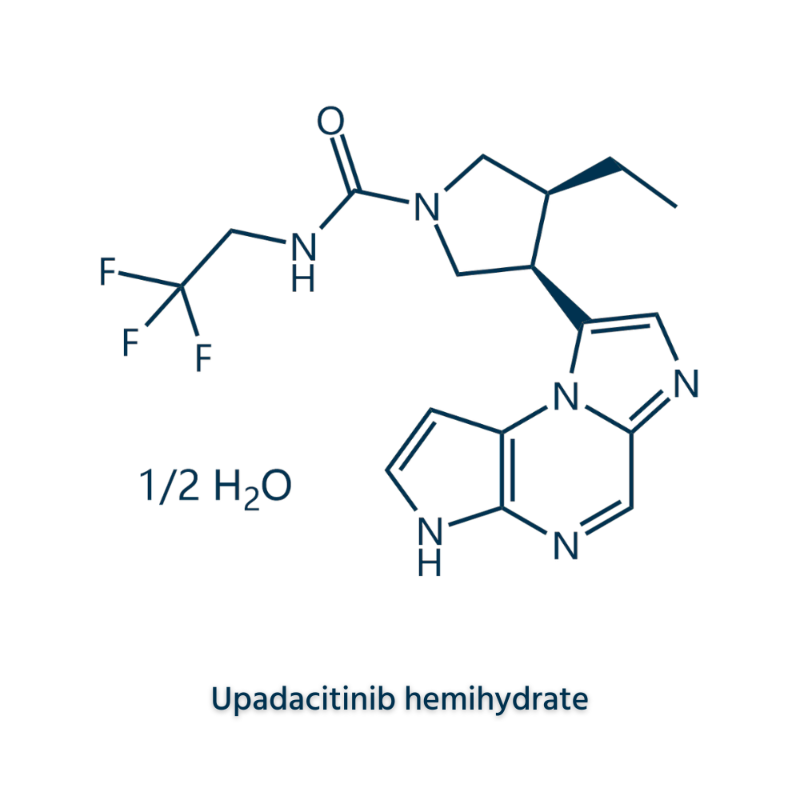-
Categories
-
Pharmaceutical Intermediates
-
Active Pharmaceutical Ingredients
-
Food Additives
- Industrial Coatings
- Agrochemicals
- Dyes and Pigments
- Surfactant
- Flavors and Fragrances
- Chemical Reagents
- Catalyst and Auxiliary
- Natural Products
- Inorganic Chemistry
-
Organic Chemistry
-
Biochemical Engineering
- Analytical Chemistry
-
Cosmetic Ingredient
- Water Treatment Chemical
-
Pharmaceutical Intermediates
Promotion
ECHEMI Mall
Wholesale
Weekly Price
Exhibition
News
-
Trade Service
Attempting to use the autoimmune system to attack tumor cells is an ideal anti-tumor therapy
.
After the tumor receives radiation, it releases a series of antigens
However, since the tumor builds an inhibitory immune microenvironment within it, radiotherapy induces the release of antigens from cells and also induces the infiltration of inhibitory immune cells
.
Under the action of these immunosuppressive cells, DCs become dysfunctional DCs, and their role is no longer to stimulate the proliferation of T cells, but to intensify the proliferation of Treg cells and continuously enhance the immunosuppressive microenvironment of the tumor
Since the tumor builds an inhibitory immune microenvironment inside, radiotherapy induces the release of antigens from cells, and at the same time induces the infiltration of inhibitory immune cells, aggravates the proliferation of Treg cells, and continuously enhances the immune inhibitory microenvironment of the tumor.
Nature Biomedical Engineering Nature Biomedical Engineering Systemic immune responses to irradiated tumours via the transport of antigens to the tumour periphery by injected flagellate bacteria Systemic immune responses to irradiated tumours via the transport of antigens to the tumour periphery by injected flagellate bacteria
This study is the first to propose that intratumoral injection of cation-modified attenuated Salmonella after tumor radiotherapy can increase the enrichment of tumor antigens around the tumor , increase the communication between antigens and dendritic cells , and increase the anti-tumor immune response , and ultimately achieve the purpose of reducing tumor metastasis and recurrence
.
This provides new strategies and ideas for in situ tumor vaccines
After the first tumor radiotherapy, intratumoral injection of cation-modified attenuated Salmonella can increase the enrichment of tumor antigens around the tumor , increase the communication between antigens and dendritic cells , and increase the anti-tumor immune response .
The purpose of reducing tumor metastasis and recurrence After tumor radiotherapy, intratumoral injection of cation-modified attenuated Salmonella can increase the enrichment of tumor antigens around the tumor , increase the communication between antigens and dendritic cells , and increase the anti -tumor effect.
Studies have reported that intratumoral administration of GM-CSF and FLT3L can increase the number of intratumoral DC cells, or administration of Toll-like receptor agonists to increase the function of intratumoral DC cells
.
However, due to the inhibitory immune microenvironment in the tumor, DCs recruited into the tumor re-enter a dysfunctional state under the action of inhibitory factors
Schematic diagram of the mechanism of bacterial grabbing of antigens for synergistic immunotherapy
Schematic diagram of the mechanism of bacteria-grabbing antigen synergistic immunotherapyTherefore, in order to increase the immune activation of tumor in situ vaccines, doctoral students Wang Wenguang, Xu Haiheng, Ye Qingsong and others first modified the surface of bacteria with positively charged cationic polymers to construct modified bacteria that can capture antigens
.
Next, the researchers demonstrated that the modified bacteria could grab and carry antigens for movement while stimulating activated DC cells
In the B16-OVA tumor model, the researchers found that the modified bacteria can significantly increase the presentation of OVA by DC cells in lymph nodes after radiotherapy, as well as the proportion of OVA-specific CD8+ T cells in the tumor, while inhibiting the tumor treatment side and distal tumor volume
.
In other multiple mouse tumor models (4T1, CT26, B16F10), the modified bacteria still inhibited the growth and metastasis of distant tumors and prolonged the survival of mice
This study pioneered the use of bacteria as the transport carrier of tumor antigens, and achieved the enhancement of tumor immune response by transporting the antigens released by the tumor after radiotherapy to the surrounding tumor, and proposed new strategies and ideas for in situ tumor vaccines
Using bacteria as the transport carrier of tumor antigens, by transporting the antigens released by the tumor after radiotherapy to the surrounding tumor, the enhancement of tumor immune response is achieved, and new strategies and ideas for in situ tumor vaccines are proposed.
Original source:
Wang, W.
, Xu, H.
, Ye, Q.
et al.
Systemic immune responses to irradiated tumours via the transport of antigens to the tumour periphery by injected flagellate bacteria .
Nat Biomed Eng (2022).
https://doi.
org/10.
1038/s41551-021-00834-6.







